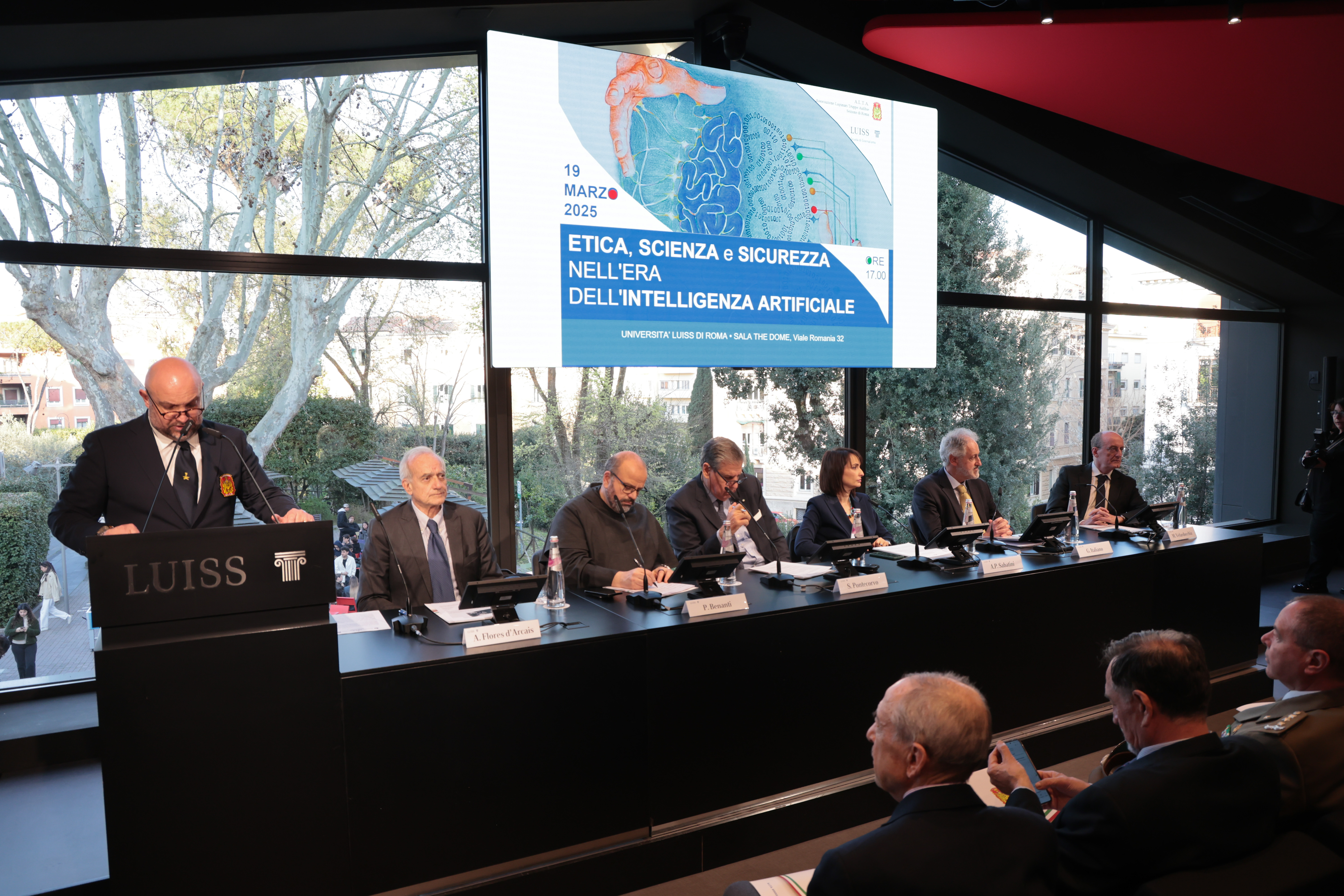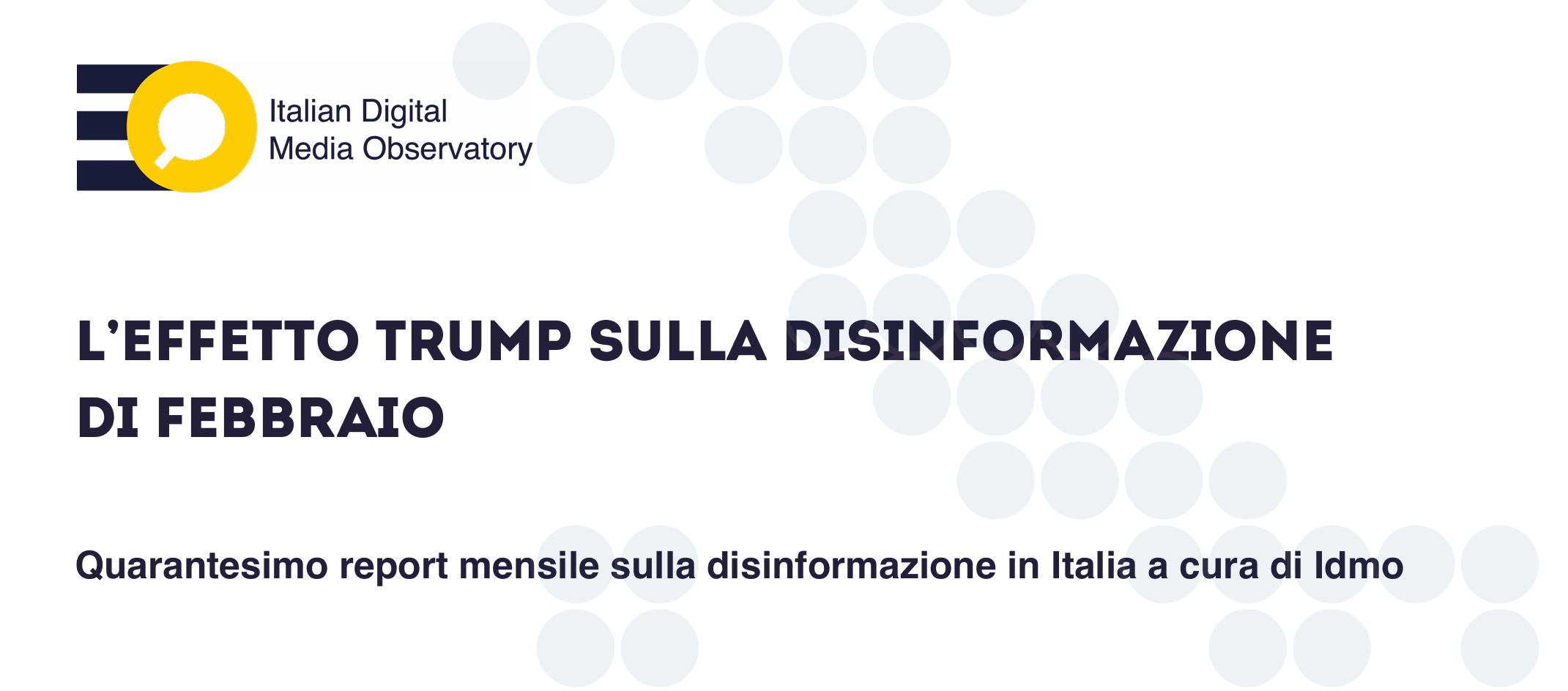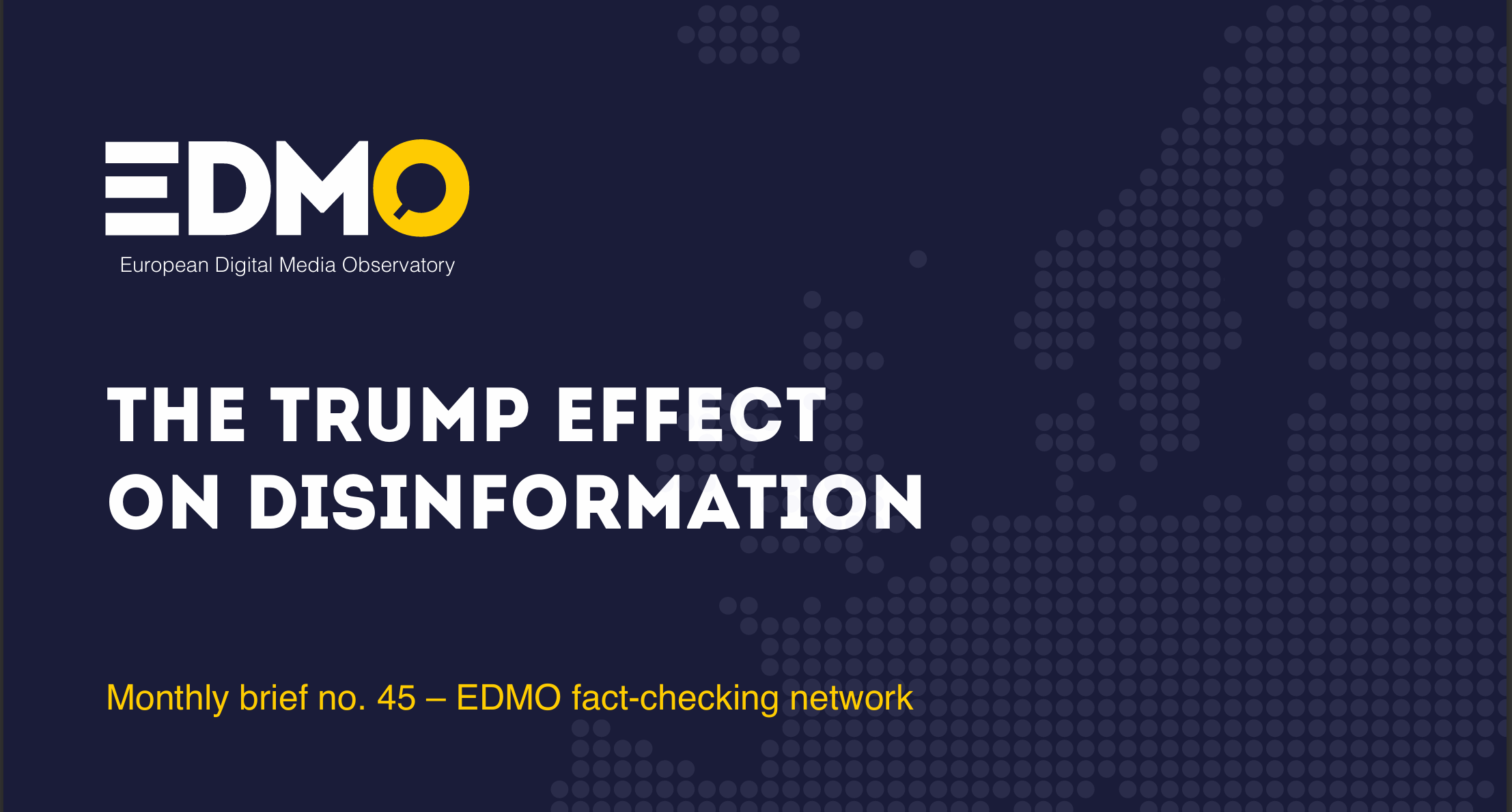Nowadays, the magnitude of disinformation and its effects is causing significant concern (Edwards et al. 2021). One of the major challenges of the current information ecosystem is the rapid spread of fake news through digital media (Tandor et al., 2019; Fletcher et al. 2018). In line with this, disinformation spreading on social media can be easily manipulated and distorted creating ad-hoc disinformation effects. To face this issue, an articulated and forward-looking policy for countering threats in the information space is needed at European level. In particular, it is crucial to design i) an approach that draws on a variety of effective tools non-regulatory principles and norms to enable a healthy digital public sphere, and ii) regulatory interventions to ensure that platforms adhere to a clear set of norms, principles and possible sanctions. The discussion needs to be taken in serious consideration also from national governments and not only from European institutions.
To facilitate the reflection in Italy, Italian Digital Media Observatory (IDMO) has planned and implemented a structured conversation with policy makers and sectorial stakeholders, according to a defined protocol, to discuss disinformation to provide concrete recommendations for decision makers in terms or regulatory and non-regulatory measures. To achieve this aim, IDMO has developed a policy dialogue strategy through conferences, events, bilateral discussions and meetings where stakeholders exchanged ideas and needs. Thanks to the analysis of the findings emerged from the structured conversations, it has been developed structured recommendations which will support the next steps of the agenda for policy makers.
D4.4 provides an update about the measures adopted at EU level and reports the state of the art of the discussion Italy. Indeed, D4.4 report about the policy dialogue structured with the stakeholders and strategies identified in D4.1. According to main findings coming from literature review, desk research and input from sectorial stakeholders, the deliverable provides a list of main topics to be faced in Italy and main recommendations for Italian policy makers to tackle disinformation.
The deliverable is a public document, and its final aims is to reports how the process and protocols have been implemented by IDMO and described the results in terms of policy recommendation to convey to policy makers.



